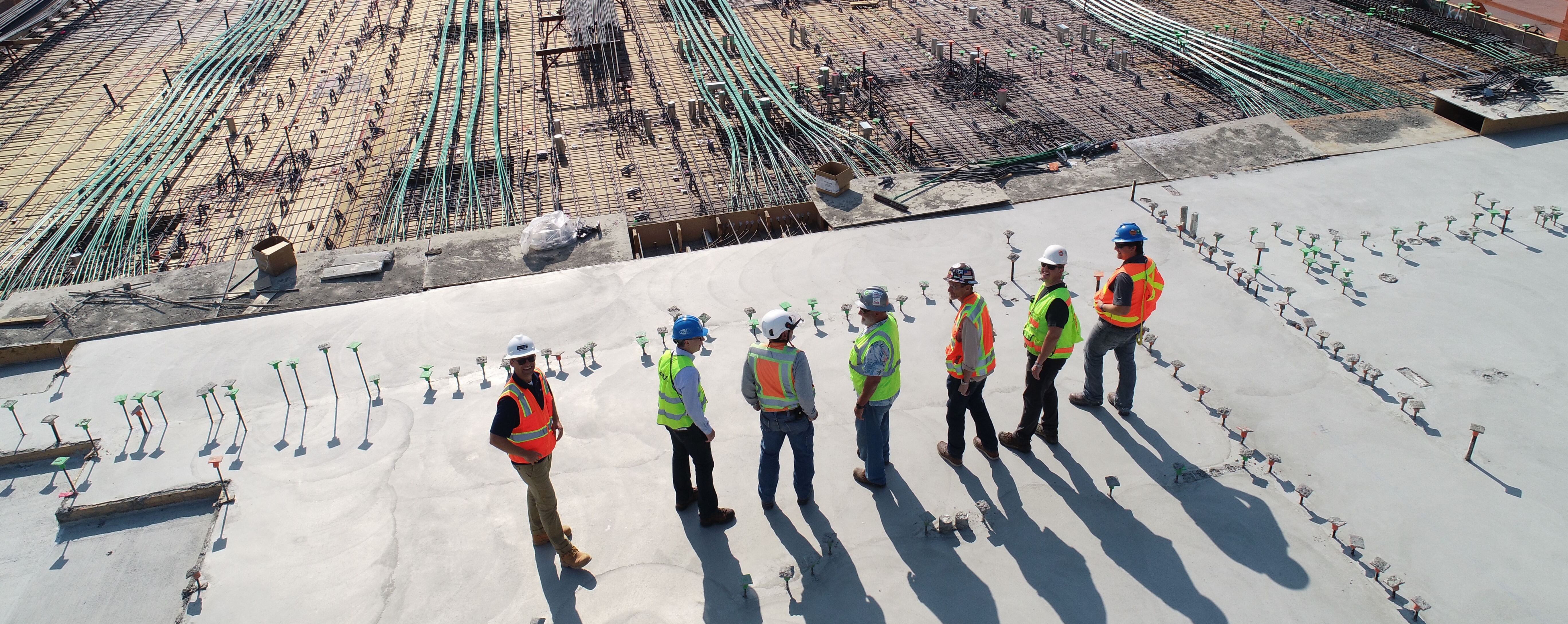Managing a construction project is a multifaceted undertaking that relies on seamless collaboration between various stakeholders, including owners, general contractors (GCs), and consultant engineers or architects. The cornerstone of project success is the accountability upheld by each party involved. In this blog post, we’ll delve into effective strategies for maintaining accountability among general contractors and consultant engineers/architects during construction projects. Moreover, we’ll explore how owner software can significantly elevate the management process, backed by compelling data-driven insights.

Establish Clear Communication Channels
Open and transparent communication is the bedrock of accountability. A study by the Project Management Institute found that projects with effective communication are twice as likely to meet their goals and objectives. Regular meetings, progress reports, and status updates should be scheduled to ensure that all stakeholders are informed about project developments and potential roadblocks.
Define Roles and Responsibilities
Clearly delineating roles and responsibilities is paramount. According to a survey by McKinsey & Company, 71% of executives attribute project failure to ambiguous or misunderstood roles. Establishing precise responsibilities mitigates confusion, ensuring that tasks are completed as expected and holding each party accountable for their assigned duties.
Set Clear Goals and Objectives
Concrete project goals and objectives are the compass that guides accountability. The Construction Industry Institute reports that projects with well-defined objectives are 70% more likely to succeed. Clearly articulating milestones, deadlines, and performance metrics empowers stakeholders to measure progress and reinforces accountability.
Regular Progress Tracking
Implementing a structured progress tracking system is crucial. Research by the Construction Management Association of America underscores that regular tracking improves project performance by 15%. Consistently updating progress reports and sharing them with general contractors and consultant engineers/architects enhances transparency and fosters diligence among all parties involved.
Integrated Software Solutions for Enhanced Accountability
Leveraging dedicated owner software, such as ConsLog, can revolutionize construction project management. Here’s how this software can substantiate accountability:

1. Detailed Progress Tracking
Owner software offers a collaborative platform where general contractors and consultants can input project data. A report by Dodge Data & Analytics indicates that 77% of contractors believe data-driven insights improve project outcomes. Real-time updates and data visualizations empower stakeholders to glean detailed project progress insights, enabling early detection of potential delays or issues.
2. Integration with Contractor Tools
Owner software seamlessly integrates with contractor tools, streamlining data exchange. A study by JBKnowledge found that 80% of construction professionals believe integration improves efficiency. This integration automates data transfer, ensuring that owners have access to essential information without manual input, fostering data accuracy and accountability.
3. Schedule Management
Project schedules are the backbone of accountability. A study published in the International Journal of Project Management reveals that effective scheduling improves project completion rates by 60%. Owner software enables stakeholders to craft, monitor, and adapt project schedules, ensuring milestones and deadlines are met, reinforcing accountability across the board.
4. Financial Transparency
Financial management is a cornerstone of accountability. Owner software allows general contractors and consultants to submit pay requests and change orders within the platform. An analysis by KPMG found that 53% of projects exceed their initial budgets due to a lack of real-time financial insights. The software’s financial dashboard empowers owners to maintain financial visibility, enhancing accountability.
5. Document Management
Centralized document storage within owner software ensures accessibility and accountability. A study by Gartner reveals that digitizing document management reduces administrative errors by 90%. Storing project documents online mitigates the risk of misplaced information and ensures stakeholders have immediate access to critical documents, supporting accountability.
6. Streamlined Closeout Process
Owner software simplifies the closeout process by providing a structured framework for tasks such as inspections and documentation. A study by FMI Corporation states that 83% of owners experience challenges during the closeout phase. Streamlined closeout processes within the software ensure all steps are completed, enhancing accountability and project closure efficiency.
In conclusion, upholding accountability among general contractors, consultant engineers/architects, and other stakeholders is pivotal for construction project success. While establishing clear communication, defining roles, and setting goals remain fundamental strategies, the integration of owner software like ConsLog elevates accountability to a new level. By facilitating collaboration, integrating with contractor tools, managing schedules, promoting financial transparency, centralizing document storage, and streamlining the closeout process, owner software augments construction project management.
As construction projects become increasingly intricate, harnessing technology to enhance accountability is not merely an option; it’s an imperative. Owner software empowers stakeholders to make informed decisions, identify potential challenges early, and ensure projects adhere to timelines and budgets. Embrace the transformative potential of owner software and experience heightened efficiency and accountability in construction project management.